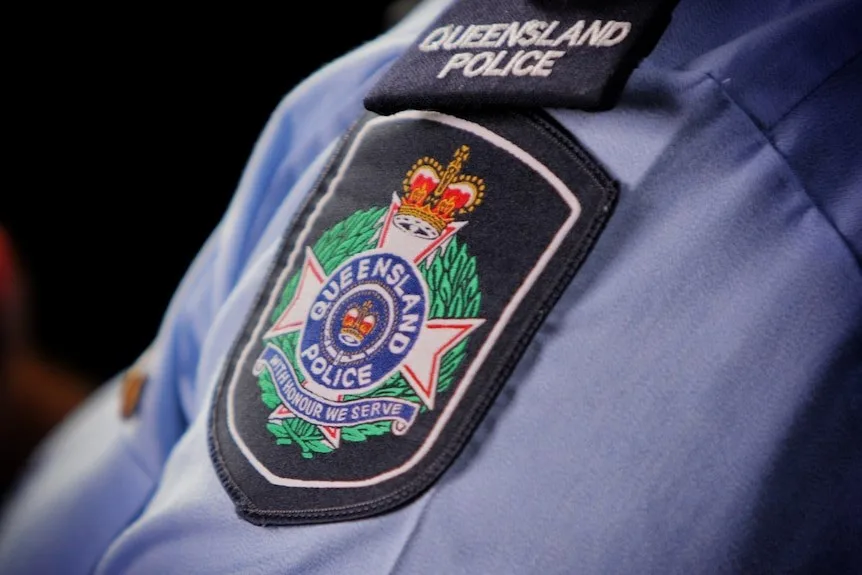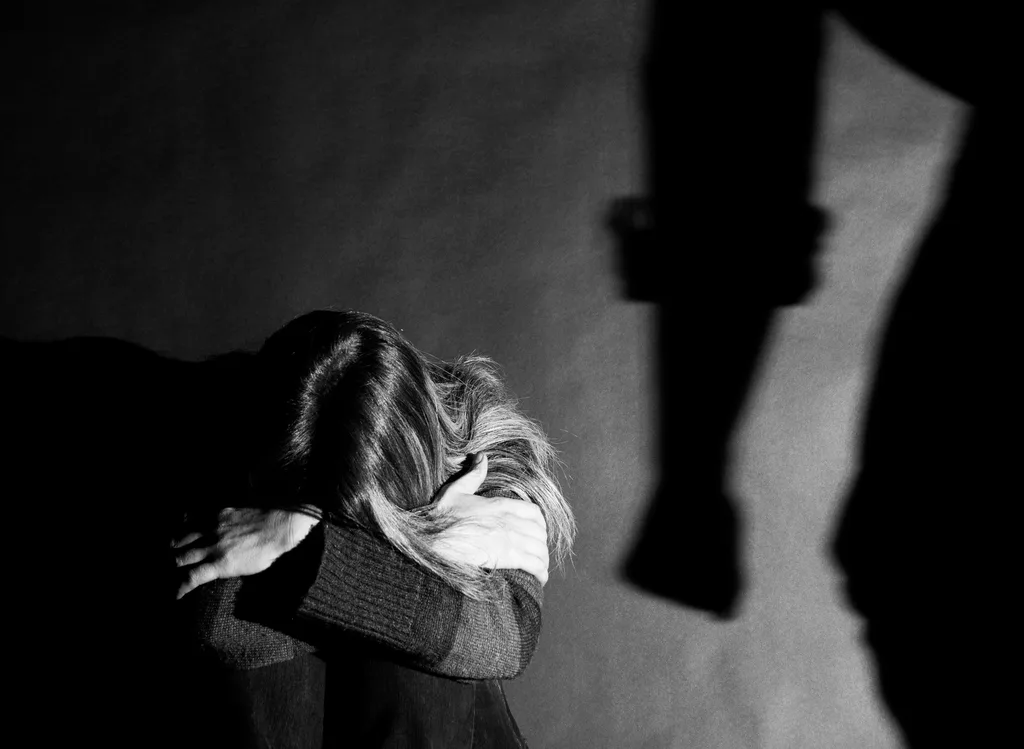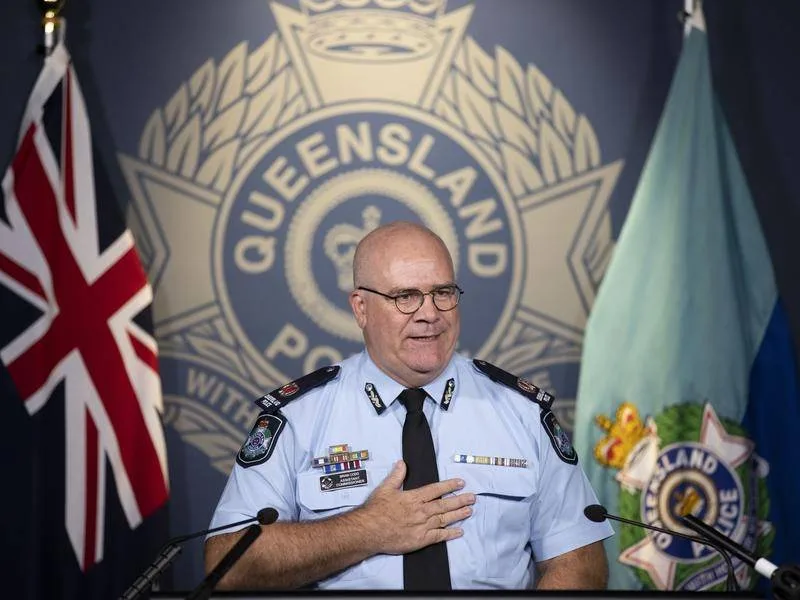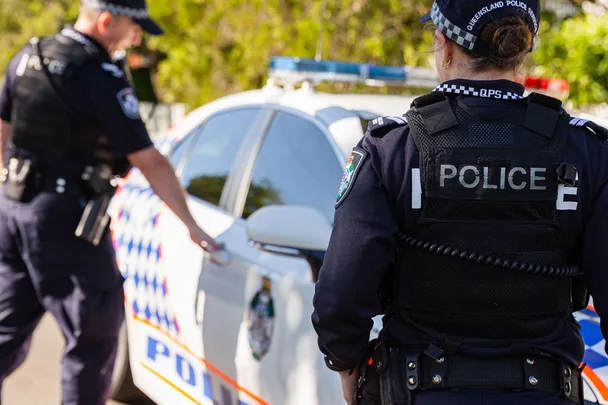This article deals with domestic violence and may be triggering for some readers.
A four-month long inquiry into the response of Queensland police to domestic and family violence has officially launched, sparking national outrage over the current treatment of DV survivors. The commission was announced by Queensland Premier Annastacia Palaszczuk, following recommendations from the Women’s Safety and Justice Taskforce. She stated that while QLD police do an “exemplary” job, there are mounting reports that DV survivors did not receive an “adequate response” when they needed one.
The inquiry, which began on May 30 and is being headed by Judge Deborah Richards, has heard harrowing statements both from victim-survivors and ex-police force members, who have painted a terrifying picture of the toxic culture which exists within the Queensland police force.
It’s overarching goal is to examine whether there are “cultural issues” within the Queensland Police Service which negatively affect how they respond to domestic and family violence. It will also look at the experiences of regional and Indigenous police officers, legal representatives and community support workers.
Retired Queensland police officer Audra Pollard told the inquiry that her ex-colleagues would “frequently” make derogatory comments about domestic violence callers, explaining that the more times someone got in touch and became a ‘regular’ caller, “the less support and empathy they received” from those on the force.
Comments like, “Oh — that f**kwit has called again … don’t bother sending a crew to that job, she’s just blowing hot air, that sort of thing,” were allegedly thrown around, according to Pollard.
She also alleged that she witnessed police actively avoiding and/or delaying attending domestic and family violence calls for help, or diverting domestic violence incidents to the front counter. She explained that there is a lot of pressure on first response officers which generates heavy stress and strain, but reiterated that this concerning behaviour was not in line with QPS practices or procedures.

The inquiry also heard from a longstanding police officer who cannot be identified for legal reasons. He alleged that he had repeatedly heard colleagues make offensive comments about female victims, including that rape was just “surprise sex” and that “she deserved it,” per The Guardian.
The officer also claimed he heard male officers make comments including, that “domestic violence is just foreplay”, “she’s too ugly to be raped” and “I can see why he does it to her — if I was in his position, I’d do that”.
He also said derogatory language was used toward female colleagues within the force, with some being referred to as “c*nt”, “f***ing slut” and “mole” behind their backs.
“I could go on for ages about the kind of name-calling that goes on,” he told the inquiry, per the ABC.
“The misogyny is just so wild, and that underpins our attitudes to female victim survivors and we’re a male dominated organisation.”

Last week, the inquiry heard of an incident where officers are said to have minimised a woman’s assault, despite confirming she had a “punch-sized” bruise on her ribcage and allegations that her partner threatened to harm the family dog, in front of their children.
“There was clear evidence that she had been assaulted,” Sergeant Paul Trinder, who was the shift supervisor at the time, told The Guardian.
“The respondent had threatened to decapitate the family dog in front of her and her children. There was clear photographic evidence that she had been assaulted, [with a] punch-sized bruise around her ribcage and so on.”
The leading officer on the job apparently failed to tell Trinder about the threats and assault, and didn’t respond well when directed to revisit the issue and take appropriate action.

Along with retired and current officers, the inquiry has also been hearing from multiple specialist officers, including the state’s most senior officer in charge of domestic violence investigations, Assistant Police Commissioner Brian Codd.
Per the ABC, te told the inquiry that police are struggling to keep up with demand and officers are spending more than 40% of their time responding to domestic violence matters. He also claimed that officers were overwhelmed, fatigued and reporting high levels of burnout and psychological distress.
“At the end of the shift she’ll go home at night and cannot sleep for worrying about whether she was able to provide as good a service as she wants to and whether she misses something,” Codd told the inquiry, recounting the experience of a senior constable from Logan, Queensland.
According to the ABC, Australian police deal with 5,000 domestic violence matters on average every week, which equates to one every two minutes. It is absolutely paramount that police have the resources to respond adequately, or we’re likely to see a rise in DV-related deaths, which as we know, is a crime which disproportionately affects women.
A final report from the inquiry is expected to be handed down in October.
For help with issues of domestic violence call 1800RESPECT on 1800 737 732. If you need urgent attention, call 000.










